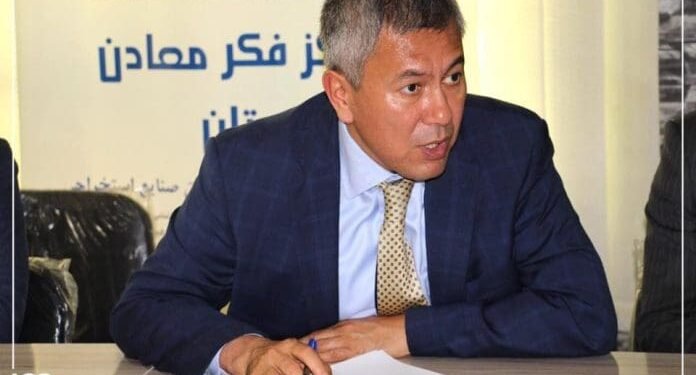A financial consultant, Mr. David Tetteh has intimated that if the government is disciplined with its borrowing calendar, there will be enough funds available to the private sector for its investments.
This follows after the announcement of the government’s intentions to borrow approximately GH¢22.35 billion in the first three months of the year, ending March 2021, to meet its financing requirements through the sale of securities.
Currently, the Government of Ghana has exceeded its treasury sale target for its securities auctions held for the third-time running. Investors, thus, have plowed money into government securities as treasury bills have rebounded a few weeks into 2021 with high oversubscription of such securities boosting the money market.
According to the Financial consultant, the implications of such oversubscription of treasury securities on the Ghanaian economy is that government’s borrowing will crowd out the private sector; so, loanable funds are not available for businesses to invest.
However, Mr. Tetteh holds that “If the government is sticking to its borrowing calendar…private companies are then able to start borrowing from the banks. So, the implication of this is that the government is…trying to make money available to private companies.
“If you look at the government strategy again, they are looking to diversify a lot of the borrowings away from domestic debt into the international borrowings which is under the International Capital Market (ICM) programme.
“The effect is that there will be a switch of the weighting of the overall government debt into foreign instead of domestic debt so that they…mobilize domestic savings to be lent to companies in the private sector”.
Mr. David Tetteh further asserted that amidst the global crises, the safest investments available are the government securities, causing a spike in their demand.
Additionally, the financial services sector was faced with a lot of uncertainties during the financial sector clean-up and as such most banks had reduced their lending until the Bank of Ghana encouraged them to lend when the COVID-19 pandemic set in.
“Setting into the New Year most of the financial institutions will be trying to rebalance their balance sheet and most people will be looking for investible opportunities…the government having released the issuance calendar, is going to be very active on the treasury bills market. So, we’ll see a lot of demand going into treasury bills,” Mr. Tetteh remarked.
Touching on the issue of how people are able to invest in these securities despite the current economic hardships coupled with the payment of fees as schools have reopened, Mr. Tetteh asserted that banks and financial institutions have “gradually grown their deposits from 2019…2020 heading into 2021.

“And most of the deposits that the banks are holding…an average of 60 percent is being put into government treasuries. So, there is still a lot of savings available for individuals and some institutions… These savings are being channeled into the purchase of government securities.
“The biggest pools of investment that we have in Ghana are Pension funds and every month people are paying up tier 2 and tier 3 contributions to these Pension funds. And these fund managers also have an allocation of close to 70 percent in government securities.
“So, inflows to Pension funds also contribute to the oversubscriptions we are seeing on the market,” Mr. Tetteh added.
Notwithstanding, there are job losses due to layoffs by some institutions, as well as reductions in the salaries of staff, and thus, at the individual level, there may be people who may be feeling the crunch economically, he alerted.
Finally, commenting on whether non-resident investors were also partaking in the treasury sale contributing to the consequent shoot up, Mr. Tetteh hinted that only domestic investors are allowed to participate in the purchase of securities maturing in less than two years.
This means that the oversubscription on the 91/182/364-Day bills are mainly from demand from local investors.























